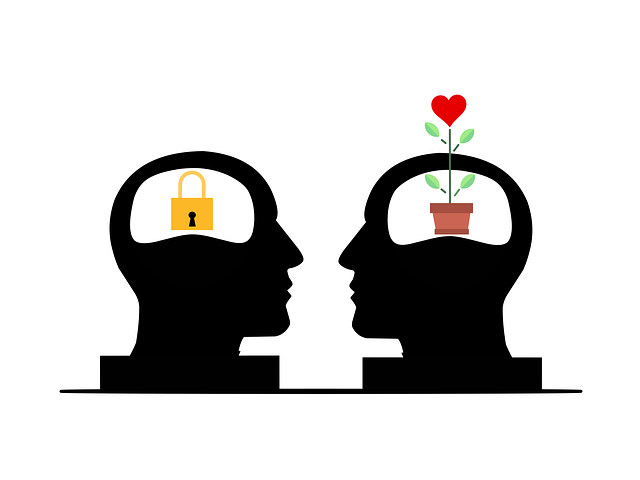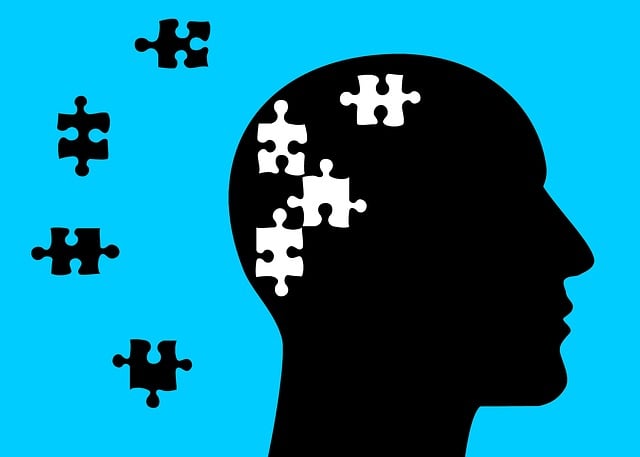Mindfulness meditation, as advocated by Parker Workplace Issues and Job Stress Therapy, offers a simple yet powerful solution for managing workplace stress and improving employee well-being. By integrating easy practices like breathing exercises into daily routines, individuals can enhance mental wellness, reduce conflicts, and foster positive thinking. Regular mindfulness boosts resilience, self-esteem, and emotional intelligence, enabling professionals to navigate high-pressure environments with clarity and composure. Incorporating mindfulness into personal and professional life helps in the long term, reducing absenteeism and promoting a supportive workplace culture that tackles mental illness stigma.
Discover the transformative power of mindfulness meditation with our comprehensive guide. Learn how this ancient practice can be a powerful tool for managing stress in the modern world, especially in the context of Parker workplace issues and job-related stress. From understanding its foundational concepts to exploring real-world benefits, we navigate the path to a calmer mind. We’ll share practical tips on establishing a consistent routine, overcoming challenges, and seamlessly integrating mindfulness into your daily life for lasting success.
- Understanding Mindfulness Meditation for Stress Relief
- Benefits of Regular Practice in the Workplace
- Setting Up a Successful Mindfulness Routine
- Overcoming Common Challenges and Misconceptions
- Integrating Mindfulness into Daily Life for Long-Term Success
Understanding Mindfulness Meditation for Stress Relief

Mindfulness meditation is a practice that has gained significant traction for its ability to offer stress relief and promote mental well-being. At its core, it involves focusing one’s attention on the present moment, observing thoughts and sensations without judgment. This simple yet powerful technique has been shown to be highly effective in managing workplace issues and job stress, as highlighted by Parker Workplace Issues and Job Stress Therapy.
By incorporating mindfulness meditation into daily routines, individuals can learn to cultivate a sense of calm and enhance their overall resilience to stress. The practice is grounded in the Mind Over Matter principles, encouraging people to take control of their thoughts and emotions. This, in turn, fosters Self-Esteem Improvement and encourages Positive Thinking, enabling individuals to navigate challenging situations with greater clarity and composure.
Benefits of Regular Practice in the Workplace

Regular mindfulness meditation practice offers a powerful solution to alleviate workplace issues and job stress. In today’s fast-paced professional environment, employees often face high-pressure situations, demanding deadlines, and intense competition, leading to increased anxiety and burnout. Mindfulness provides an effective tool for navigating these challenges by fostering empathy building strategies among colleagues, enhancing emotional intelligence, and promoting a sense of calm amidst chaos. Studies have shown that organizations encouraging mindfulness practices experience improved employee well-being, increased productivity, and reduced absenteeism, ultimately contributing to a healthier work environment.
Beyond its benefits on individual employees, regular mindfulness meditation can positively impact the broader workplace culture. By integrating mindfulness into company policies, employers can support mental health professionals in conducting comprehensive risk assessments for their teams, identifying potential issues early on. Furthermore, consistent mindfulness practice encourages open discussions about mental illness stigma reduction efforts, creating a supportive atmosphere where employees feel comfortable seeking help and sharing their experiences without fear of judgment.
Setting Up a Successful Mindfulness Routine

Setting up a successful mindfulness routine can significantly enhance your mental wellness and help manage workplace issues and job stress. Start by dedicating a quiet space in your home, free from distractions, where you can practice regularly. Consistency is key; aim for a set time each day, like 10 minutes during your morning or evening routine. Begin with simple techniques such as focused breathing exercises or body scans to familiarize yourself with the practice. Apps designed for mindfulness meditation, like those offered by Parker Workplace Issues and Job Stress Therapy, can be incredibly helpful in guiding you through sessions and tracking your progress.
Incorporating mindfulness into your daily life involves becoming more aware of your thoughts and feelings without judgment. This heightened awareness translates to better communication strategies at work, reducing conflicts and misunderstandings. Additionally, regular practice contributes to mental illness stigma reduction efforts by fostering a sense of calm and self-acceptance, making it easier to navigate stressful situations with resilience and clarity.
Overcoming Common Challenges and Misconceptions

Many individuals approach mindfulness meditation with misconceptions and challenges that can deter them from its benefits. One common hurdle is the perception that meditation requires significant time and quiet solitude, which may be difficult to attain in today’s fast-paced world. However, this couldn’t be further from the truth—mindful practices can be integrated into daily routines, even during busy workdays or commutes. For instance, simple breathing exercises or body scans can be conducted at one’s desk, helping to alleviate workplace issues and job stress therapy.
Another challenge stems from the idea that meditation is a passive activity. On the contrary, mindfulness encourages active participation and self-awareness. It involves observing thoughts and emotions without judgment, which is a valuable skill in navigating personal and professional challenges, including burnout prevention strategies for healthcare providers. This practice can be particularly beneficial in community outreach program implementations where fostering social skills training and understanding is paramount.
Integrating Mindfulness into Daily Life for Long-Term Success

Integrating mindfulness into your daily routine is key to long-term success in managing workplace issues and job stress. It’s not just about setting aside time for a formal meditation practice; rather, it’s about cultivating a mindful awareness that permeates every aspect of your day. Start by incorporating simple practices like mindful breathing exercises during breaks or conscious eating experiences to enhance your connection with physical sensations. These moments of awareness can help you stay grounded and present, reducing reactive responses to challenging situations at work.
Over time, expand your mindfulness practice beyond these initial integrations. Consider implementing Mental Wellness Coaching Programs Development for personalized guidance tailored to your unique needs. Regular journaling exercises centered around reflecting on your day and identifying areas for improvement can also be beneficial. By consistently nurturing a mindful mindset, you empower yourself to approach workplace issues with greater clarity, resilience, and positivity—all essential components in navigating and overcoming job-related stress, as supported by Parker Workplace Issues and Job Stress Therapy.
Mindfulness meditation, as explored in this guide, offers a powerful tool for managing stress and enhancing well-being, both personally and professionally. By incorporating regular practice into daily routines, individuals can experience significant benefits in the workplace and beyond, fostering better resilience to Parker Workplace Issues and Job Stress Therapy. Overcoming common misconceptions and challenges is key to unlocking these advantages. Integrating mindfulness into daily life promotes a sense of calm and clarity, leading to improved focus, productivity, and overall satisfaction.














